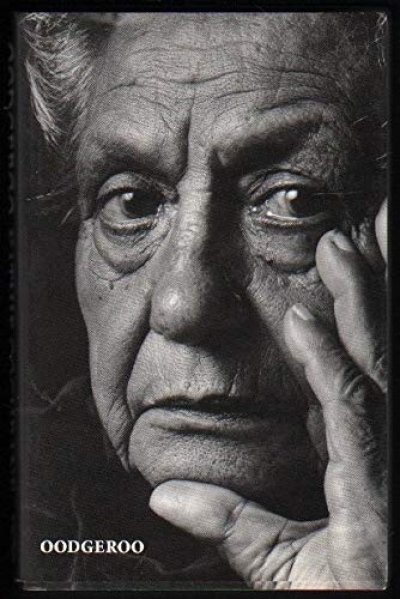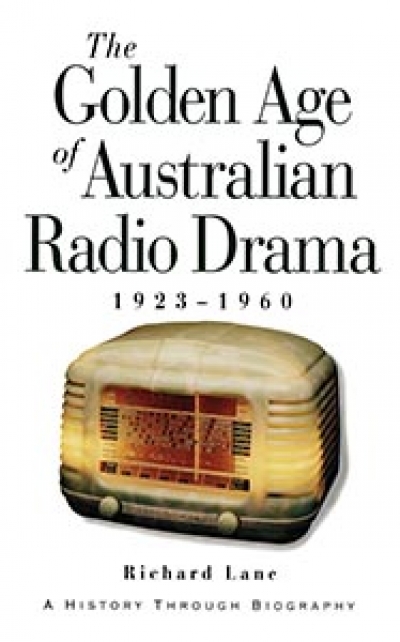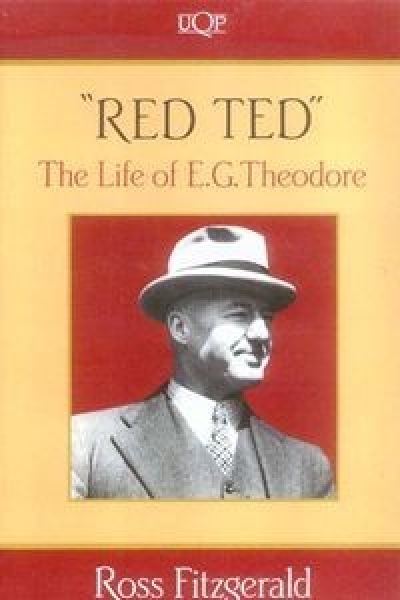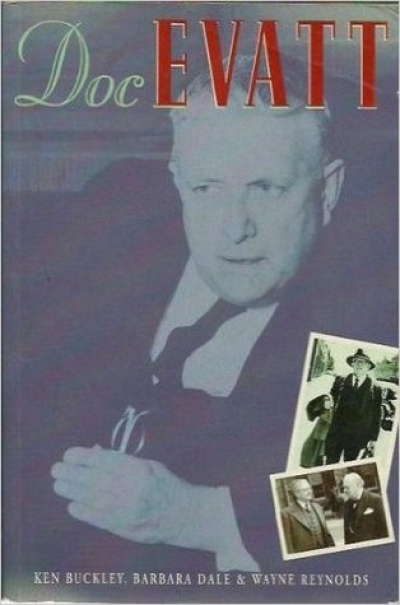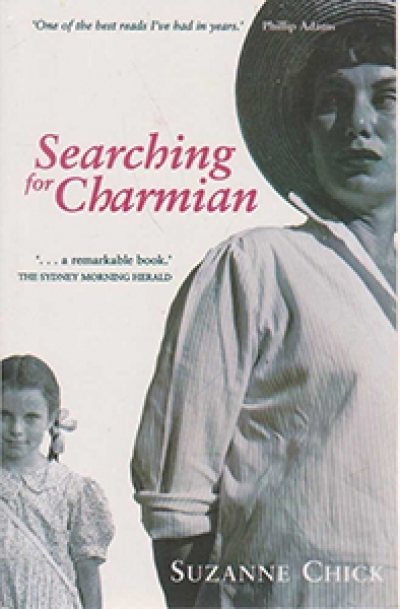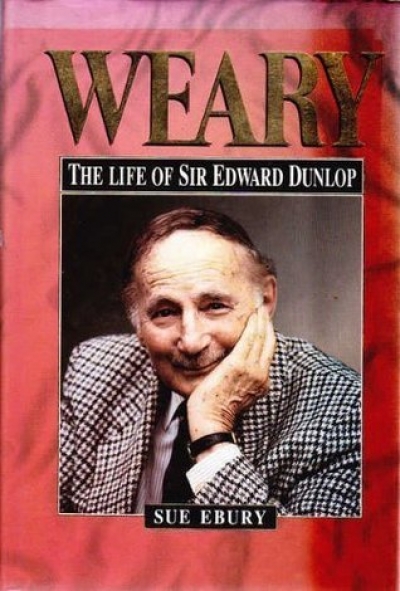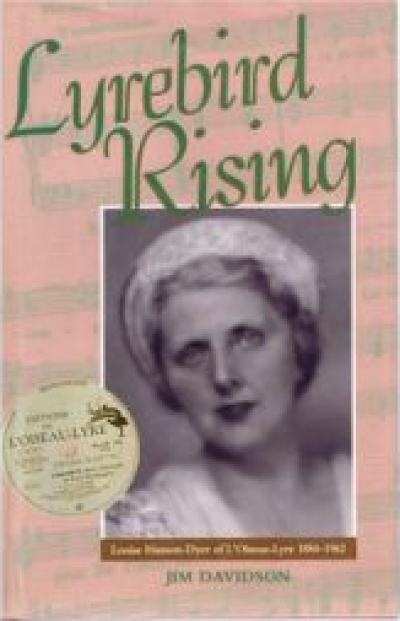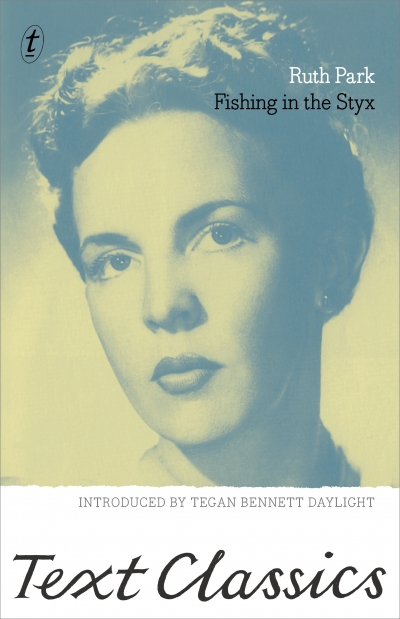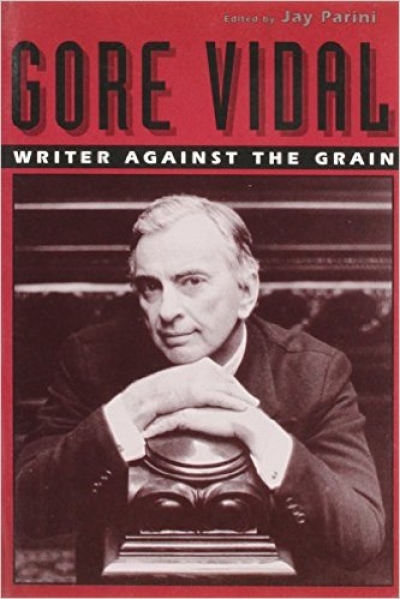Biography
A striking black-and-white photograph on the front cover of Oodgeroo implacable and wise. And then the publisher’s blurb on the back cover
... (read more)The Golden Age of Australian Radio Drama, 1923–1960: A history through biography by Richard Lane
In recent times, we hear, stars of TV serials such as Neighbours and Home and Away have been mobbed on arrival at Heathrow Airport, and recognized even in Finland – Australian production houses appear to have a talent for capturing on screen alluring fantasies and traumas for purveying to mass audiences, both home and away. The foundations for this sorely-needed export industry were doubtless laid in the 1940s and 50s, when Australian radio serials and drama were heard around the globe, at least in English-speaking countries (subtitles are difficult on radio). At home, hundreds of hours of drama were pumped out every year on ABC and commercial stations ...
... (read more)'Red Ted': The Life of E.G. Theodore by Ross Fitzgerald
On the day of the last Federal election, I became engaged in an unlikely conversation with a helper for the ‘Call-to-Australia’ cause at my local polling booth. When I revealed that I had recently completed a research project on Dr H.V. Evatt, my elderly companion asserted that Evatt should not be hailed as the hero of the labour movement. Australia’s greatest politician, this former member of the Australian Labor Party informed me, was ‘Edward Granville Theodore’.
... (read more)An Officer of the Blue: Marc-Joseph Marion Dufresne: South Sea Explorer, 1724–1772 by Edward Duyker
The title of this book has a faint dash of Ouida, but actually it signifies not a dashing cavalry regiment but the officiers bleus of the French navy under the Ancien Regime, who were not of the nobility and so socially inferior to their aristocratic colleagues, though often (or usually) superior as seamen. Duyker has written a good businesslike account of a remarkable career. The book is very well presented, with genealogies, bibliography and glossary, many plates (some in colour), and above all plenty of maps. An appendix by Rex Nan Kivell recounts his rescue, in the confusion at Calais when the German’s were overrunning France in 1940, of the painting of Marion’s death. He rolled up the canvas and stuffed it down his trouser leg, doubtless walking rather stiffly. A wry footnote to history.
... (read more)Doc Evatt: Patriot, Internationalist, Fighter and Scholar by Ken Buckley, Barbara Dale and Wayne Reynolds
In his foreword to Doc Evatt, Jim Hagan claims that this is the fourth full-length biography of Dr. H.V. Evatt and suggests that only one other Australian politician has scored as many. Leaving aside the fact that Allan Dalziel never pretended that his book, Evatt the Enigma, was anything more than a profile of the man he worked with for twenty years, these assertions create the misleading impression that a substantial body of literature on Evatt exists. Academics have long lamented the lack of a comprehensive and scholarly biography of one of Australia’s most important and complex judicial and political figures. The very recent appearance of Peter Crockett’s Evatt: A life, characterised by wide-ranging research but a crude psychoanalytical approach, chronic disorganisation, a weakness in the analysis of international affairs, and a lack of historical perspective, disappointed in many ways.
... (read more)I came to Suzanne Chick’s book full of prejudice and cynicism. Certainly Chick was the illegitimate daughter Charmian Clift had when she was nineteen, but Chick was relinquished at two weeks to her adoptive family and Clift took her own life before Chick began to make enquiries about her natural mother. What could Chick have to say about Clift that those who knew her couldn’t? Wouldn’t this just be crass cashing-in on a famous and alluring name? A ‘Mommie Dearest’ genre from a different angle?
... (read more)Over 35,000 copies of the hardback edition of Edward ‘Weary’ Dunlop’s war diaries had been sold before they were reissued in paperback. Now Sue Ebury, who edited those diaries for publication, has written an accompanying ‘Life’. An impish picture of the older Weary in a sportscoat looking rather smaller than he really was grins beneath his name written in gold on a red silk background. In the paper edition it will surely be embossed.
... (read more)Lyrebird Rising: Louise Hanson-Dyer of l’Oiseau-Lyre, 1884–1962 by Jim Davidson
One of the defining features of recent years in Australian ‘literature’ (as I suppose we must call it), in tandem with a perceived growth in the quantity of fiction and poetry by women, titles reflecting the ethnic diversity of origin in more and more writers, and a growth industry in Aboriginal studies, has been the remarkable increase in sophistication of approach to biography. Perhaps more specifically, cultural biography.
... (read more)I discovered Ruth Park’s Companion Guide to Sydney in a Sydney second-hand bookshop in 1980. Published in 1973, it was already out of print, probably because it evokes a Sydney that no longer existed. In the early 1970s, Park writes, ‘Sydney was beginning to pull itself to pieces, the air was full of fearful noise, the sky of dust … And the terrible sound of the rock pick tirelessly pecking away at Sydney’s sandstone foundations was over all.’
... (read more)Jay Parini intended this collection of critical essays to be a Festschrift for Vidal’s sixty-fifth birthday in 1990. Its lateness may suggest he found some difficulty in obtaining suitable material, and account for the mixed quality of the essays. There is, however, so little available about Vidal that we must be grateful for this collection, which contains previously unpublished material and reprints some essays which would otherwise be difficult to trace.
... (read more)

